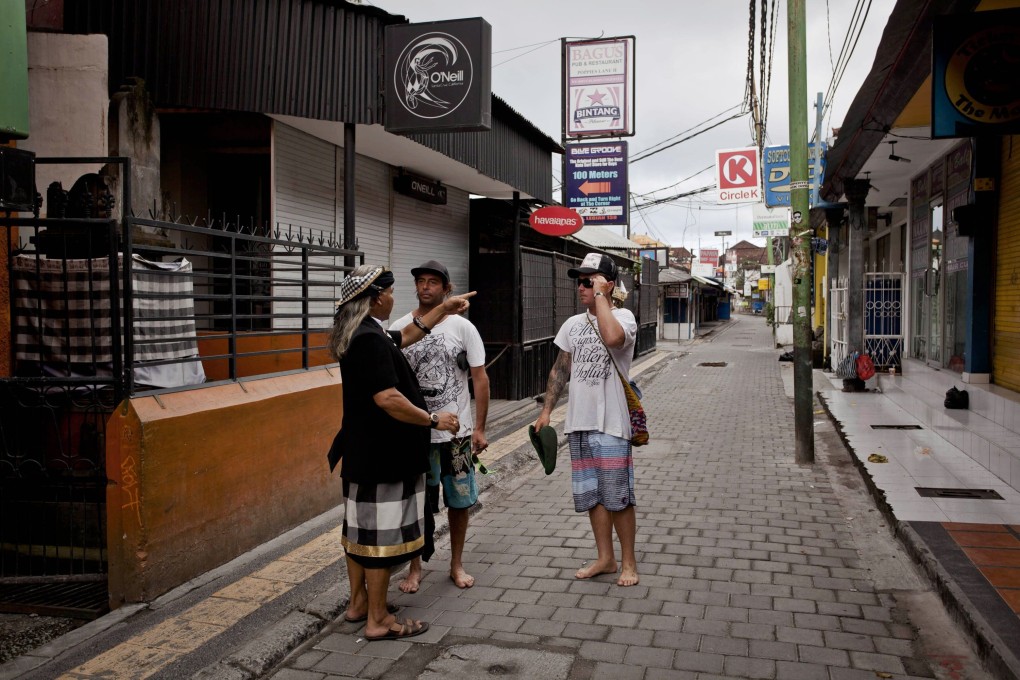How to survive Bali’s Nyepi Day, when silence is golden, nobody does anything, and the airport and ATMs are closed for 24 hours
- March 11, 2024 is Nyepi Day, the Balinese New Year, a time of silence and inactivity, to confuse demons and drive them from the island
- If you are going to be on the island during the festival, we have some insider advice for when everything is shut down, including public transport and ATMs

Imagine a celebration where, for 24 hours, no one does anything – and if they do, they’re likely to be fined.
Residents (and tourists) are forbidden from leaving their homes (and hotels). No one sings, dances or listens to music. People refrain from daily activities and chores, public transport is suspended and all vehicles, except emergency services, are banned from the streets.
The Balinese Hindu festival of Nyepi marks the start of a new year and is so strictly observed that even Ngurah Rai International Airport ceases operations, making it the only airport in the world that closes all day for religious reasons.
In most parts of the planet, new year celebrations involve revellers partying noisily but on Nyepi Day, all you’re likely to hear are stray dogs barking and the buzz of insects. And instead of seeing in the new year with fireworks, it’s obligatory to turn your lights off.
It’s not that the Indonesian island’s residents don’t enjoy raucous revelry. Pengerupukan, a ritual based on Balinese mythology, takes place on Nyepi Eve and involves flamboyant processions, traditional dances and the “ogoh-ogoh” parade.

Giant papier-mâché figures representing evil spirits are carried aloft by a dozen or more men in a symbolic and noisy purging ceremony (watch as the bearers spin the fearsome effigies three times at road intersections to disorient them).
